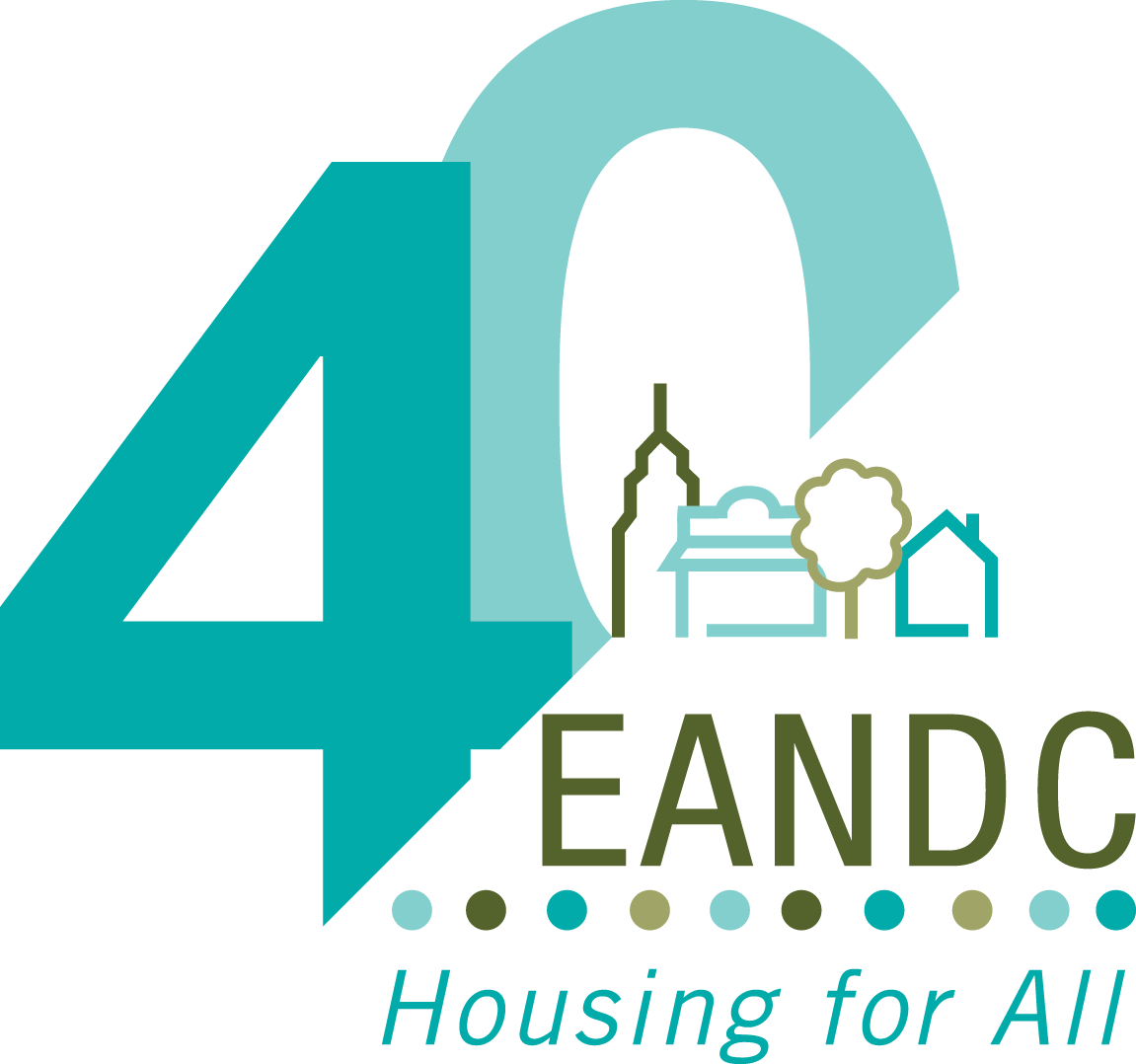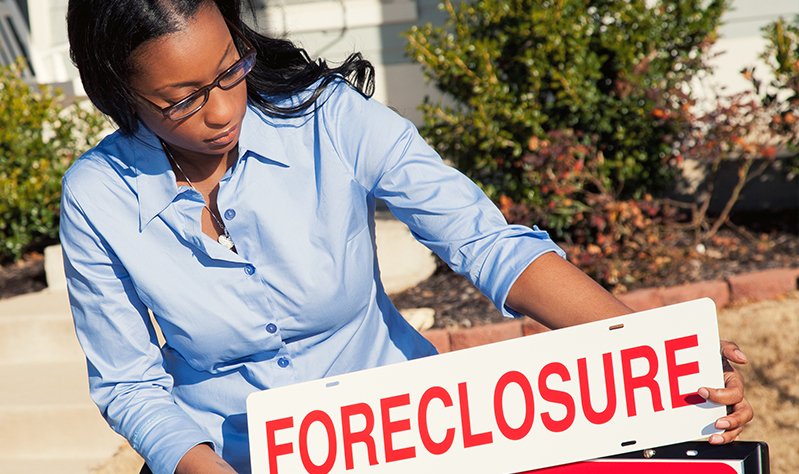COVID-19 has caused thousands of Northeast Ohio residents to lose their jobs through no fault of their own, said retired Cleveland Clinic CEO Toby Cosgrove in a plea to local leaders at the end of last year, insisting that a housing crisis looms large for Cleveland and surrounding communities.
As a result of those job losses, families and individuals affected, who are unable to secure work often face the loss of their home through foreclosure or eviction — with Black and brown communities disproportionately impacted.
In additional to the financial strain caused by the COVID-19 pandemic, Northeast Ohio homeowners who are struggling to keep their homes are also at risk of being targeted by foreclosure scams. The emotional and financial distress of foreclosure often makes people more likely to overlook red flags and sign up for “too good to be true” services that could make their situation worse.
Do you know how to spot a home foreclosure scam?
Our colleagues and supporters at NeighborWorks America know all the dirty secrets and we're helping spread the word. Below is a list of their top 6 signs you're dealing with a scammer:
1. A company or person asks for a fee in advance.
Don't pay for a service before you receive it. It is illegal for a company/individual to charge fees in advance for mortgage assistance services. Note: Attorneys are allowed to charge fees in advance if they meet certain requirements and place fees in a client trust account.
2. A company or person promises you they can stop foreclosure or eviction.
Nobody can make this guarantee. Scammers use fear and the promise of security to trick people in need. Legitimate, trustworthy HUD-approved counseling agencies will only promise they will try their very best to help you.
3. A company or person tells you to stop paying your mortgage or landlord and pay them instead.
Despite what a scammer will tell you, you should never send a payment to anyone other than your mortgage company or landlord. The minute you have trouble making your monthly payment, contact your lender, landlord or a HUD-approved housing counselor.
4. They pressure you to sign over the deed to your home or sign any paperwork that you haven't had a chance to read and don't fully understand.
Be careful. Signing over the deed to your home may not prevent foreclosure. You are still responsible for paying your mortgage even if you sign over the deed to your home. A legitimate housing counselor would never pressure you to sign a document before you had a chance to read and understand it.
5. They claim to offer government approved or official government loan modifications.
They may be scammers pretending to be legitimate organizations approved by, or affiliated with, the government. Contact your mortgage lender first. Your lender can tell you whether you qualify for any government programs to prevent foreclosure. Remember, you do not have to pay a fee to benefit from government-backed loan modification programs.
6. They ask you to release personal financial information online or over the phone.
You should only give this type of information to companies that you know and trust, like your mortgage lender or a HUD-approved counseling agency.
The NeighborWorks America website also includes information about the 9 most common loan scams which range from fake housing counselors (always make sure you’re working with a HUD certified counselor) and rent-to-own or lease back scams, fake government programs or encouraging bankruptcy to avoid foreclosure. Click here for the full list.
If you or someone you know is struggling to keep up with mortgage payments due to a job loss or other financial struggles, help is available. Please contact one of our HUD certified counselors at the Center for Homeownership by calling 330-724-0244.

